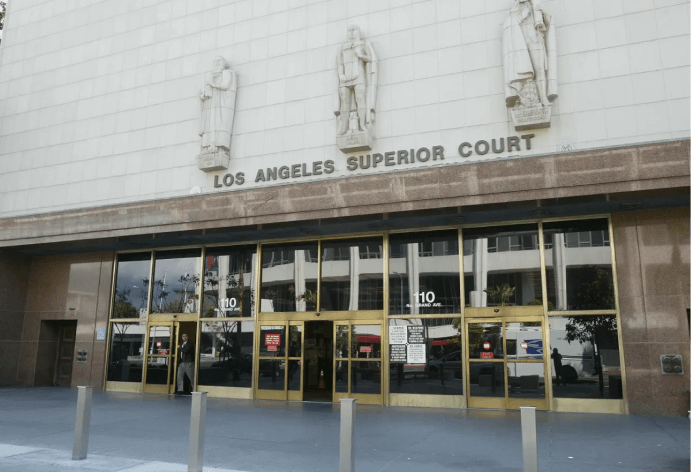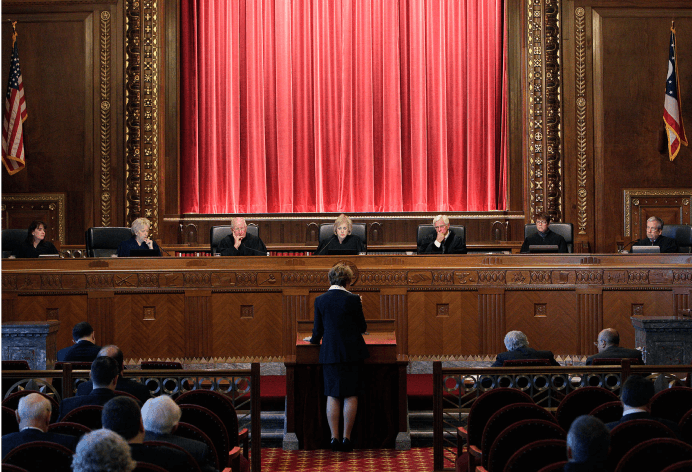When business disputes arise, choosing the right method to resolve them is crucial. Both mediation and litigation are effective in different scenarios, but understanding their differences can help you make the best choice for your situation. This blog explores the key aspects of mediation and litigation, highlighting why mediation is often the preferred approach for resolving business conflicts.
What is Mediation?
Mediation is a collaborative process where a neutral mediator helps both parties communicate and negotiate to reach a mutually acceptable resolution. It emphasizes confidentiality, cooperation, and efficiency, making it a popular choice for businesses.
Key Features of Mediation:
- Confidential discussions.
- Cost-effective and quicker than litigation.
- Maintains relationships between parties.
- Outcomes are tailored to both parties’ needs.
What is Litigation?
Litigation involves resolving disputes in court, where a judge or jury makes a binding decision based on legal arguments. It is formal, often adversarial, and subject to strict legal rules and timelines.
Key Features of Litigation:
Public proceedings, often part of the court record.
Lengthy and costly due to court procedures and legal fees.
A winner-takes-all approach, with less flexibility
Risk of damaging relationships between parties.
Comparing Mediation and Litigation
Mediation and litigation offer vastly different experiences for resolving disputes. Mediation focuses on collaboration, providing a faster, less costly, and more private way to address issues. It allows both parties to participate actively in crafting a solution that works for them. In contrast, litigation is a formal process driven by legal procedures, often resulting in a winner-takes-all outcome. While litigation can be necessary in cases of criminal activity or significant legal violations, its adversarial nature can damage professional relationships and prolong conflicts.
Why Mediation is Often the Better Choice
For most business disputes, mediation offers clear advantages. It is a cost-effective alternative that avoids the financial burden of extended court battles. The streamlined nature of mediation allows disputes to be resolved quickly, enabling businesses to return to focusing on their operations. Mediation also fosters open dialogue, which can lead to creative, tailored solutions that a court ruling cannot provide. Furthermore, the confidentiality of mediation ensures that sensitive business matters remain private, protecting reputations and preserving trust between parties.
When Litigation Might Be Necessary
While mediation is often the preferred choice, there are situations where litigation is unavoidable. If one party refuses to participate in good faith or if the conflict involves criminal activity, court intervention may be required. Additionally, litigation is sometimes necessary to establish legal precedents or enforce rights that cannot be resolved through negotiation. In these cases, the formal structure of the court system provides a clear and enforceable resolution.
Final Thoughts
Choosing between mediation and litigation depends on the nature of the dispute and the desired outcome. Mediation provides a flexible, efficient, and collaborative way to resolve conflicts while preserving relationships and minimizing costs. Litigation, while sometimes necessary, should be considered a last resort due to its public, adversarial, and often prolonged nature. Businesses seeking a practical, amicable resolution will find that mediation offers the best path forward in most situations.
If you are facing a business dispute and want to explore your options, contact John W. Shenk Law today. Our experienced mediation team can guide you toward a resolution that aligns with your goals and protects your interests.




